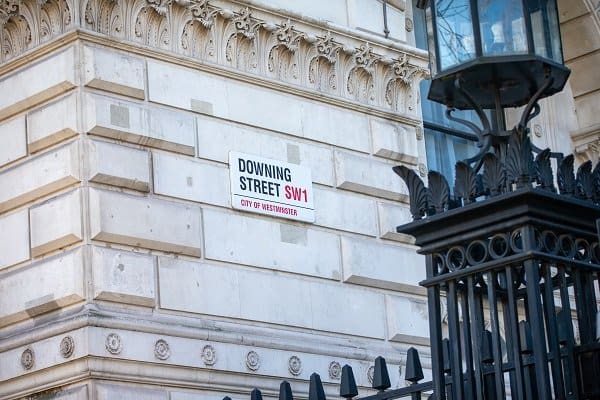As the party conference season looms, one industry boss has called on politicians to have an urgent re-think on tax policy for landlords.
Daniel Evans, chair of the Association of Independent Inventory Clerks, claims it is the major reason why landlords are leaving the Private Rented Sector (PRS).
And he called for a U-turn on the recent tax rule changes which have rendered many landlord businesses unprofitable.
He said: “Landlords have been singled out and are now being hammered for tax. It’s been open season on them for far too long and the PRS has suffered untold damage because of it.
“They are leaving in droves – even though rents are rising. That can’t be right. Their profits are all going to the tax man.
Way to prosperity
“Every landlord is hit by other rising charges, like the cost of maintenance and repairs and the extra expense of new energy efficiency regulations, but it is the landlord tax policy which hurts them the most – no other business is taxed in this way.”
When landlords buy a property to rent they have to accept that under the current tax arrangements, they will be paying tax at every stage during the life of that investment.
The tax measures include:
- In England and Northern Ireland, at the point of purchase they have to pay an extra 3% of Stamp Duty Land Tax on any buy to let.
- Mortgage interest payments are no longer fully tax deductible. Instead, landlords receive a 20% tax credit on the amount.
- And when landlords sell their properties, they are subject to Capital Gains Tax the personal allowance for which will fall from £6000 to £3000 in April next year.
Although not exactly the same, there are similar measures in place in Scotland and Wales.
The Liberal Democrats kick off the conference season in Bournemouth on 23rd September and have timetabled a debate on the housing crisis on the 25th. Proposals include the introduction of a national register and minimum standards for landlords, abolishing all evictions except where a tenant can be proven to be breaking the terms of a rental agreement and requiring investment property owners to ‘pay their fair share of tax’.
The Conservatives gather in Manchester on October 1st but Chancellor Jeremy Hunt has already gone on record to say that his Autumn Statement will not contain tax cuts if inflation remains high.
The Labour Party meets in Liverpool in October and Shadow Chancellor, Rachel Reeves has ruled out any increase in Capital Gains Tax should they win the next election.
Reeves has also rejected a ‘mansion tax’, wealth tax or increase in income tax.
In her recent interview with the Telegraph, she said: “I don’t see the way to prosperity as being through taxation. And she added that Labour would do ‘whatever it takes’ to attract business investment to the UK.
BTL investors will be hoping that this sentiment extends to those in the PRS.
Evans said: “Our senior politicians have to understand that the PRS is in crisis right now and it is a special case.
“There is a chronic undersupply of homes all over the UK and landlords continue to sell up which will only serve to make the situation worse for tenants.
“All they’re asking for is a level playing field on which to conduct their business. That can’t be too much to ask, can it?”






Leave a Comment